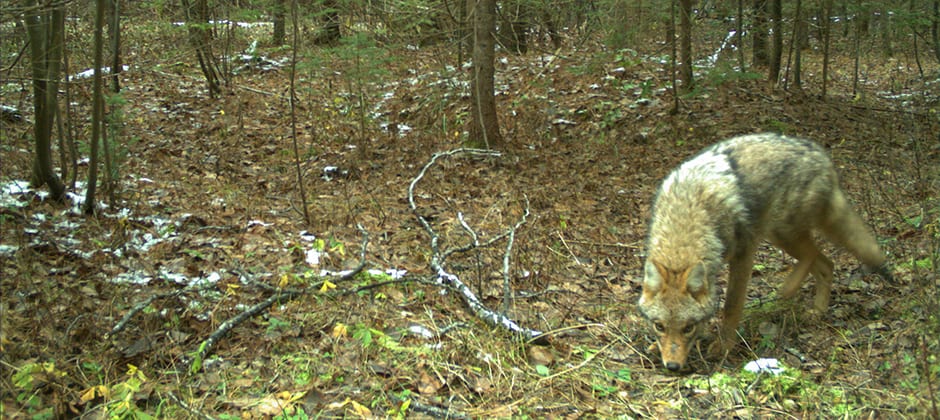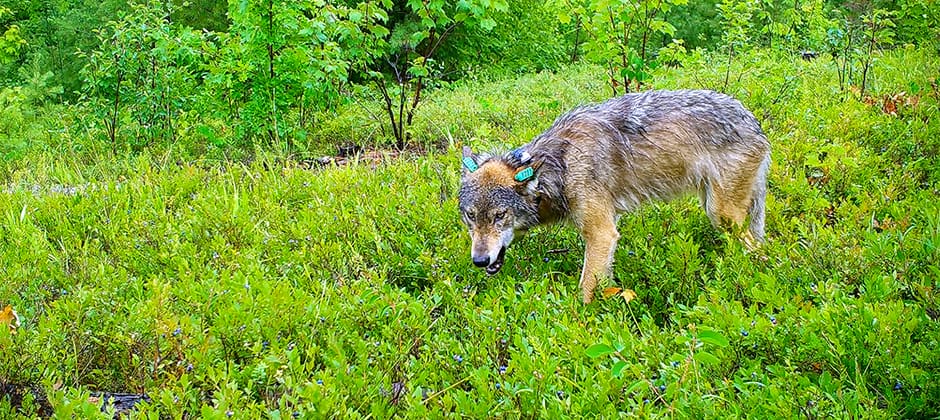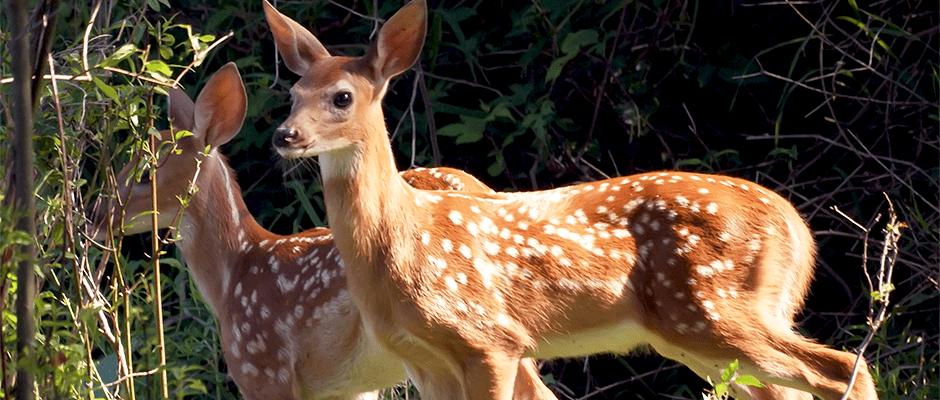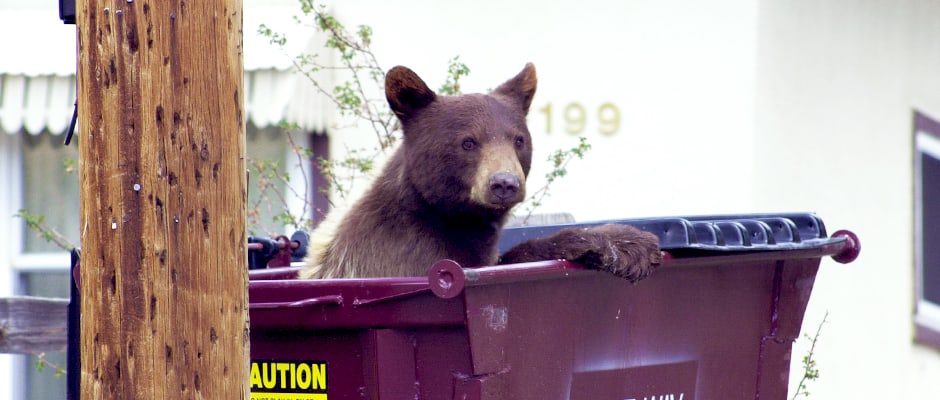- News
-
-
-
-
-
Latest News Articles
- 2024 TWS Elections: Southwest Representative April 25, 2024
- Can these butterflies fill the gap left by their extinct relative? April 25, 2024
- Q&A: TEK and the wildlife profession April 24, 2024
-
-
-
- Wildlife Professional Resources
-
- Our Network
-
- PUBLICATIONS
-
-
Recent Posts
-
 The Wildlife Professional November/December Issue
November 1, 2023
The Wildlife Professional November/December Issue
November 1, 2023
-
-
-
-
-
-
- Wildlife Events
-
-
-
Upcoming Webinars
- No Events
-
-
-
- Who We Are
-
Tag: Carnivores

August 17, 2020
Which coyotes are the ‘top dogs?’
Coyotes in the Lower Peninsula of Michigan consume more meat than those in the Upper Peninsula, researchers found. That’s because coyotes (Canis latrans) in the Upper Peninsula are surrounded by...

March 6, 2020
WSB: Blueberries surprisingly important in wolf diet
Blueberries may play a more important role than previously believed in the diet of adult wolves and their pups. Biologists were tracking gray wolves (Canis lupus) near Voyageurs National Park...

August 9, 2019
Human presence creates fear response in predators
For large carnivores, humans are the primary predator. So do these species respond fearfully to humans the way prey normally does in the presence of predators? In a study published...

January 9, 2019
Cameras reveal carnivore communities on Wisconsin islands
Northern Wisconsin is home to a dozen terrestrial carnivores, from gray wolves (Canis lupus) to red foxes (Vulpes vulpes), but the populations on the Apostle Islands stretching from the Bayfield...

January 8, 2019
TWS member shares her journey to wildlife biology
TWS member Asia Murphy knew she wanted to study wildlife since she was a child, when she watched nature documentaries on television. As a wildlife biologist, she has studied a...

January 4, 2018
Constantly on the hunt, midsize carnivores face unique risks
Medium-sized carnivores may be particularly at risk from environmental changes, an international team of scientists found, because they spend so much of their waking hours hunting for food that they...

September 14, 2017
For most hunters, success defines a good hunt
Hunters often say enjoying nature and bonding with friends and family are favorite parts of the experience, but what contributes most to the happiness they get from the hunt? It’s...

September 7, 2016
British Columbia to end relocations of conflict carnivores
British Columbia’s Ministry of the Environment recently updated a policy that will end the practice of relocating large carnivores that have either come in contact with humans or become habituated...

